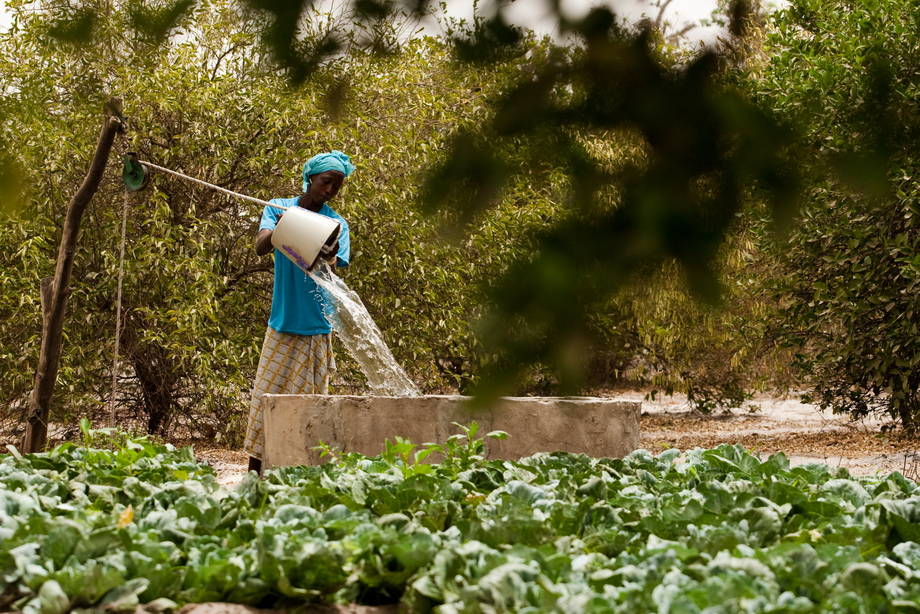The world is changing as fast as the pace of new technological innovations that are increasingly shrinking our notion of time and space. And one of the trigger of changes is the dynamism of emerging powers in the developing world, called “the rising South” in the 2014 United Nations Human Development report.
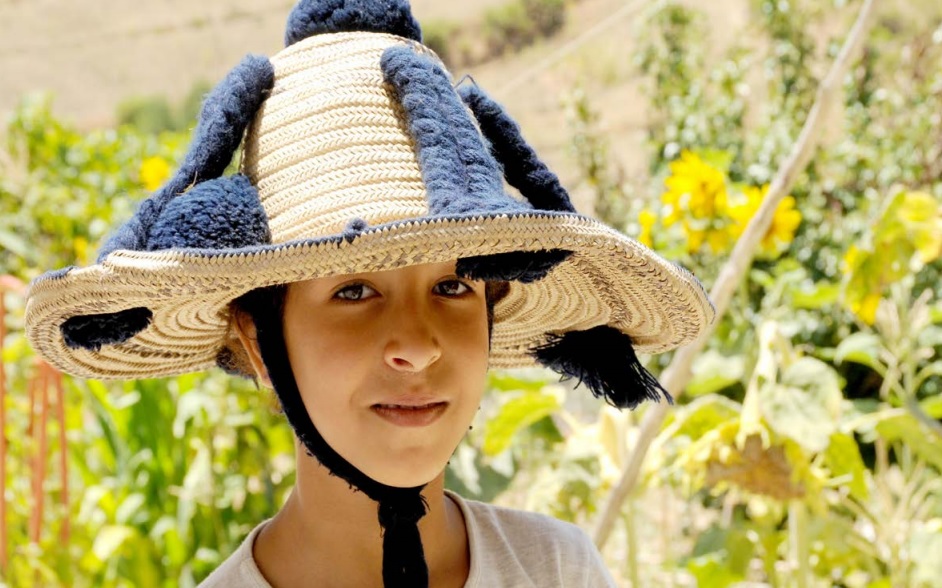
The “South” as a whole now represents more than two thirds of the world’s population, generates about half of the world Growth Development Product (GDP) and has contributed to most of the world’s recent economic growth. In addition to the economic successes of countries with comparable economic trajectories or interests such as the BRICS (Brazil, Russia, India, China and South Africa) or the MINT (Mexico, Indonesia, Nigeria and Turkey), many other countries in Asia, Latin America, the Near East, and Africa have achieved impressive economic progress.
Many countries in the South have managed to move from the bottom of the ladder categorized “Least Developed Countries” (LDCs) or Low Income food deficit countries (LIFDCs) to the categories of middle-income countries or even to the high-income countries. And many are interested in sharing their experiences, knowledge, resources and technologies with others.
This is what is called South-South Cooperation (SSC)
While SSC’s political vision likely emerged during the 1970’s as a political aspiration of the non-aligned movement in the immediate post-colonial era, it didn’t begin influencing the field of development until the 1990’s. And only recently have global economic circumstances allowed it to thrive.
This article – presented in two parts, the first looking at the progress accomplished, the second looking to the future – seeks to show how SSC can become an engine of transformation that complements traditional development assistance in addressing the 21st century most pressing challenges, from fighting hunger and rural poverty to promoting sustainable production, adapting to climate changes and building more resilient food systems.
It makes the case for a new type of partnership for development, “triangular cooperation”, where countries of the “North” and the “South” join hands to help developing countries find the solutions they need to progress.
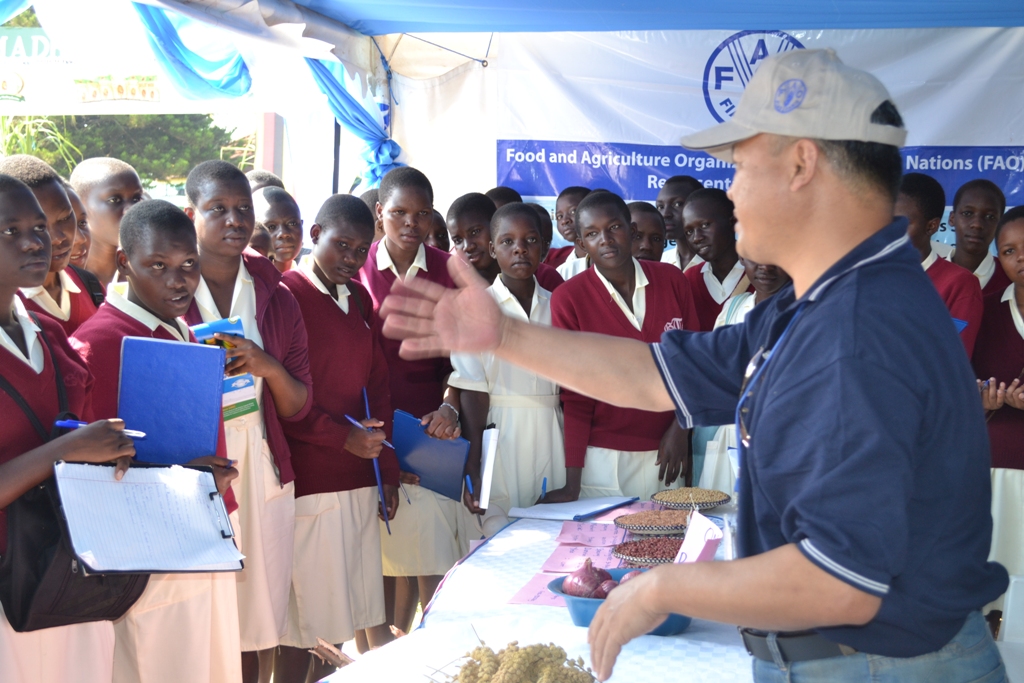
PART ONE: The Growth of SSC and FAO’s Role
The Food and Agriculture Organization of the United Nations (FAO) was one of the first UN agencies to promote and facilitate SSC.
Since the beginning of the century, FAO has fielded over 1800 experts and technicians in more than 50 countries in Africa, Asia and the Pacific, Latin America and the Caribbean, and the Near East through SSC and triangular cooperation.
Three decades ago, FAO was associated with one of the pioneering SSC partnerships that saw four million Indonesian farmers come together to sell 100 000 tonnes of paddy rice and raise money to help their fellow farmers in Africa.
That was in 1985, Africa’s Sahel region was experiencing one of the worst drought spells and images of acutely malnourished children were beamed across the world. That same year was a turning point for Indonesia’s agriculture sector as the country went from being one of the world’s largest rice importers to becoming a self-sufficient rice exporter. This was the result of a combination of judicious government policies and two decades of investment in agriculture.
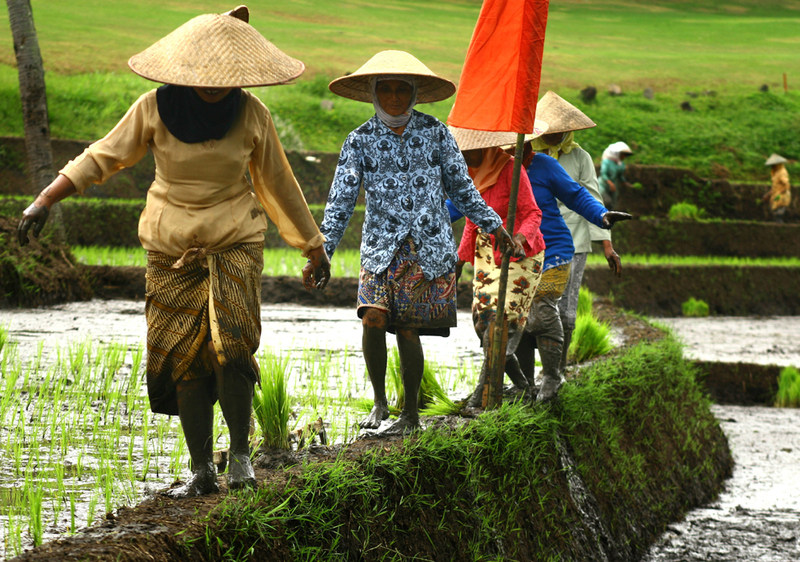
That year, when President Suharto of Indonesia received an award at FAO headquarters to celebrate the country’s achievements, he proudly announced that the Indonesian farmers had voluntarily raised money in response to the crisis in Africa and donated the money to FAO to set up the “Indonesian Farmers Fund”. The fund helped create two vocational training centres in the Gambia and Tanzania, supported more than 80 development projects across the Africa continent, and offered agriculture apprenticeship programmes for African farmers in Indonesia. This was SSC at its best.
Thirty years have passed since Indonesian farmers showed the power of solidarity among farmers in developing countries.
Today the world is gathering new momentum. Opportunities to revitalize the SSC spirit have never been as high. Countries that were developing countries 30 years ago are now global economic powerhouses. To name just a few: Mexico, South Africa, Brazil, Argentina, China, South Korea, India, Indonesia, Turkey, and Saudi Arabia.
FAO has helped facilitate number of efficient SSC initiatives primarily with China and Brazil but also with many other middle-income countries.
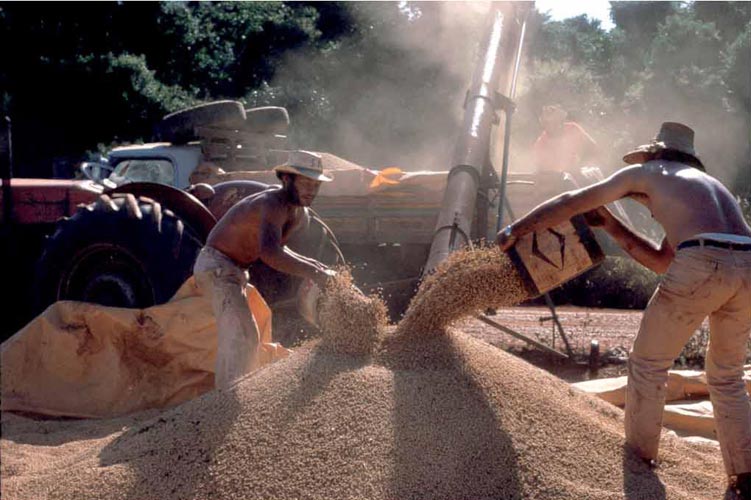
In 2011, José Graziano da Silva, the then Brazilian candidate for the position of Director-General of FAO, had declared SSC as one of the four pillars of his election campaign political platform. Since the start of his mandate, FAO has significantly scaled up its program and facilitated over fifty-five SSC partnership agreements primarily with support from Brazil and China but also from other countries such as Turkey, Mexico, Morocco, Angola, Equatorial Guinea, South Africa, and Venezuela.
China’s sharing of experiences and knowledge
China, now the world’s largest national economy, met the UN Millennium Development Goal of halving the number of its hungry ahead of the 2015 deadline. It is currently feeding 22 percent of the world’s population with only 9 percent of the world’s arable land and 6 percent of fresh water supplies.
China is open to making other countries from the global South benefit from its knowledge and experience. In 2008, as part of its efforts to address food insecurity and hunger in less developed countries, the Chinese government established a USD 30 million Trust Fund in FAO to support SSC. Through this pioneering model, the programme helped transform rural livelihoods in some 24 countries of Africa, Asia, the Caribbean and South Pacific. It deployed of over one thousand experts and scientists to work alongside local institutions and extension workers to support farmers and their organizations and effectively transfer appropriate technologies or adapt home-made development solutions.
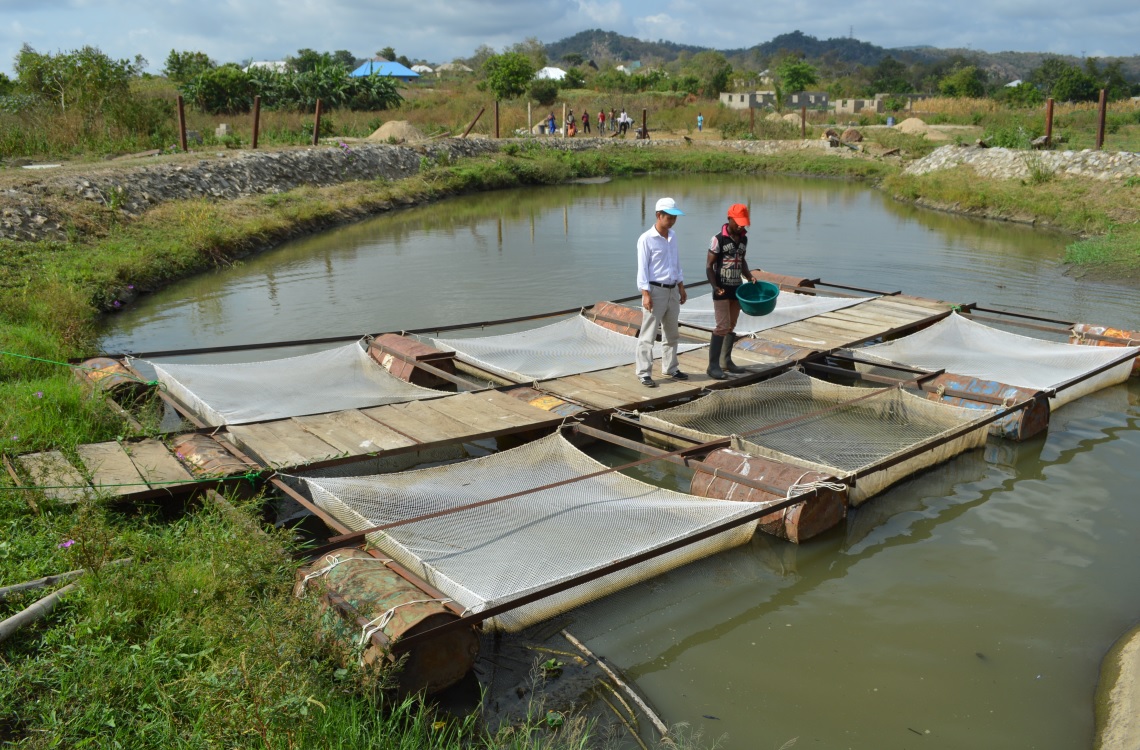
For example, in Nigeria, the Chinese SSC programme has become an integral part of the national agriculture transformation agenda in all of the country’s 36 states. Under the guidance of Chinese experts, Nigerian farmers have engaged in aquaculture, specially cage fish aquaculture, modern honey bee production or intensive poultry husbandry. In some cases, young unemployed and poor farmers have become millionaires (in Nigerian Neiras, the equivalent to USD 5000)!
In Malawi, the Chinese SSC Programme helped introduce over 200 crop varieties and train more than 10,000 farmers and extension workers. In Senegal, local rice production increased significantly. In Mongolia, intensive farming technologies introduced by Chinese experts are yielding quick results for improved crop and livestock production under extreme climatic conditions. Tailor-made study tours and training were organized for hundreds of technicians and policy makers from the global South in Chinese reference centres specialized in management, tropical agriculture, veterinary science, cereal crops or aquaculture.
Adapting Brazilian hunger eradication and sustainable good practices
Brazil’s internationally recognized “fome zero” (“zero hunger”) programme has lifted millions of Brazilians from poverty. The program associates a number of legislative and policy measures such as provision of safety nets for the poorest and linking of poor farmers with school feeding through institutional procurement.
Brazil is also known for its excellence in tropical agriculture research, and successful commercial farming making it one of the world’s leading exporters of several agricultural commodities. With the support of FAO, Brazil is now sharing its zero hunger experience with developing countries, through policy advice and programmers such as the Purchase by Africans for Africa, an innovative programme linking small holder farmers with school feeding programmes. It is also sharing its experience of school feeding with countries in Latin America and the Caribbean, assisting cotton production in West Africa, and rebuilding Angola’s once renowned agronomic and veterinary research capacity.
— —
How far can SSC go? Does it really amount to a paradigm change in development assistance? Those are the questions that Part Two of this article seeks to provide the answers.Editor’s Note: The opinions expressed here by the authors are their own, not those of Impakter.com


